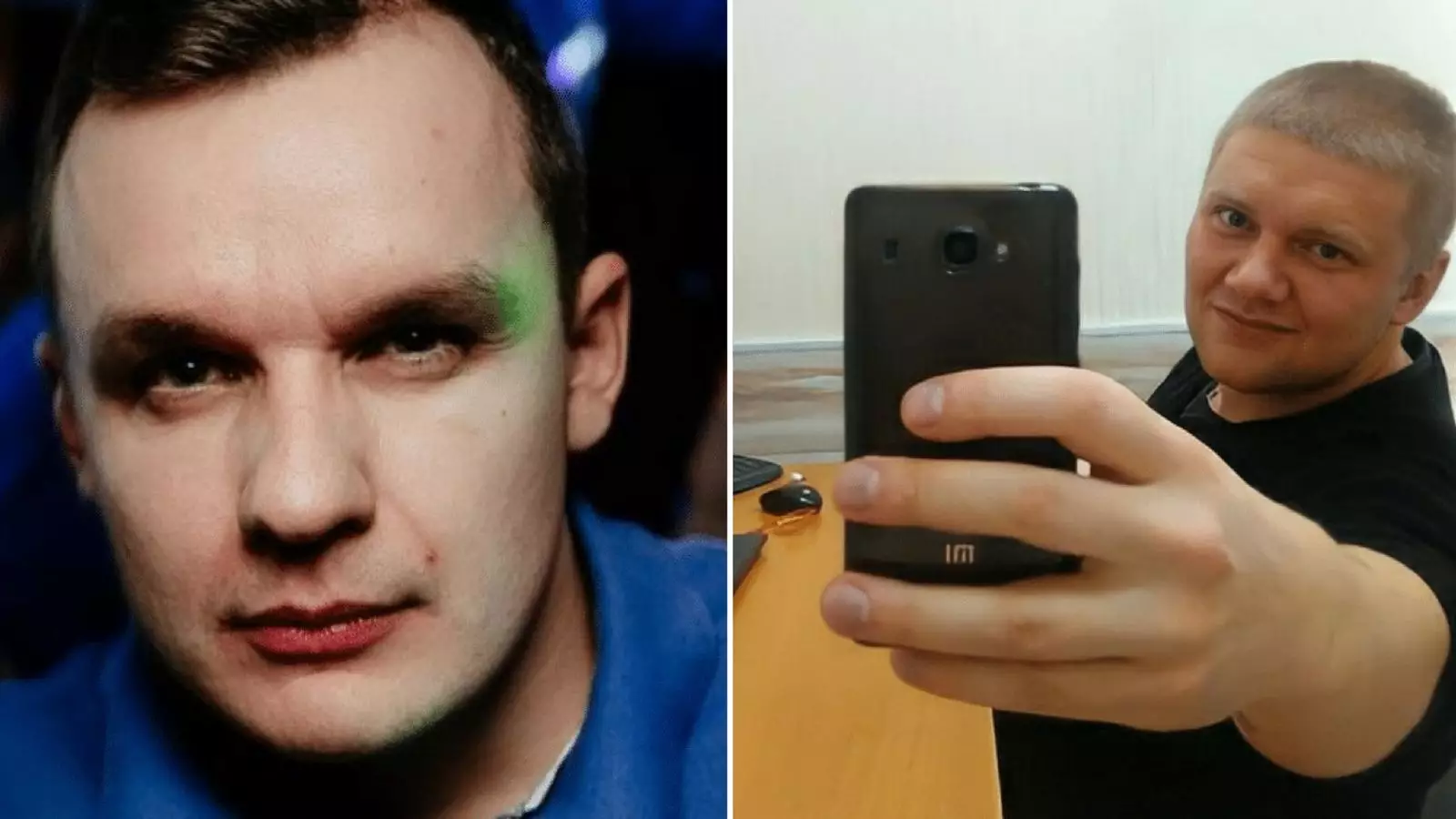The recent revelation of Russian hackers compromising the private conversations of high-profile politicians and civil servants has raised concerns about the integrity of democratic processes. The “Star Blizzard” group, a subordinate of an FSB cyber unit, has targeted MPs, Lords, civil servants, journalists, and others in their attempts to meddle in British politics. The group has selectively leaked and amplified information since 2015, leading the UK and US governments to impose sanctions on two individuals: Andrey Stanislavovich Korinets and Ruslan Aleksandrovich Peretyatko.
The “Star Blizzard” group employed a sophisticated technique known as “spear-phishing” to steal information from their targets. This method involves tricking individuals into opening malicious links in emails that appear to be familiar. By impersonating retired US Air Force General and utilizing other deceptive tactics, the hackers were able to exploit their victims’ trust to gain unauthorized access to their computer systems.
The implications of the attacks expand beyond British politics. The US Treasury has revealed that the hackers, along with unnamed conspirators, targeted the accounts of US government officials, including those from the Department of Defense, the Department of State, and the intelligence community. In response, the US government has offered a significant reward of up to $10 million for any information that can lead to the identification or location of individuals engaging in malicious cyber activities under the direction of foreign governments.
These recent attacks are not isolated incidents but rather part of a larger pattern. The FSB, Russia’s intelligence agency, has been linked to previous cyber intrusions. In 2019, UK-US trade documents were leaked before the general election, and in 2018, the UK think tank Institute for Statecraft fell victim to a cyberattack attributed to the FSB. Christopher Donnelly, the founder of the think tank, had his account targeted, resulting in the leak of sensitive documents.
While the UK and US have taken strong actions against the hackers, the Russian embassy in London has dismissed their accusations, stating that Moscow has no reason to trust British insinuations about cyberattacks. This denial raises questions about the international response to cyber warfare and the challenges in holding state-sponsored hackers accountable for their actions.
Foreign Secretary Lord David Cameron emphasizes that Russia’s attempts to interfere in UK politics are completely unacceptable and pose a threat to democratic processes. By exposing the hackers’ malicious attempts at influence and imposing sanctions, the UK government underscores the importance of defending democracy and shedding light on Russia’s covert operations on the global stage.
The actions of the “Star Blizzard” group and the involvement of the FSB in hacking activities represent a significant threat to democratic systems. Governments worldwide must invest in robust cybersecurity measures to safeguard the integrity of their political processes. Additionally, international cooperation is crucial in holding state-sponsored hackers accountable and deterring future cyberattacks on democratic nations.

Leave a Reply